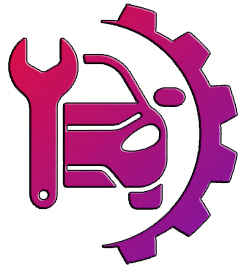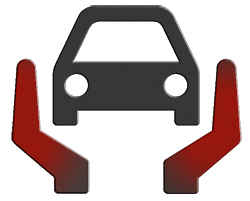Why are American cars so bad?

Why American Cars Have a Bad Reputation?
Quality Issues
- Lack of attention to detail in manufacturing processes leads to frequent mechanical and electrical problems.
- Lower quality materials are sometimes used compared to foreign competitors, affecting durability and longevity.
Poor Fuel Efficiency
- Historically, American cars have had larger engines and less focus on fuel efficiency compared to counterparts from other countries.
- Reluctance to adopt more efficient engine technologies and aerodynamic designs.
Inconsistent Reliability
- Inconsistent reliability ratings across different models and brands.
- Some American car brands have a reputation for frequent breakdowns and repairs.
Design Flaws
- Design choices that prioritize style over functionality can lead to issues with ergonomics and practicality.
- Overemphasis on exterior appearance rather than interior comfort and usability.
Perception Gap
- Perception among consumers that American cars are of inferior quality compared to foreign counterparts, affecting market perception and sales.
What Can Be Done?

Invest in Research and Development:
- Allocate resources to improve engineering and design processes to ensure higher quality and reliability.
Embrace Innovation:
- Embrace new technologies for more efficient engines and incorporate feedback from consumers to address design flaws.
Prioritize Quality Control:
- Implement stricter quality control measures throughout the manufacturing process to ensure consistency and reliability.
Shift Focus to Sustainability:
- Place more emphasis on developing eco-friendly vehicles with better fuel efficiency to meet modern environmental standards.
Interesting Tips for Americans

Look Beyond Brand Names: Don’t solely rely on brand loyalty; explore options from various manufacturers to find the best fit for your needs.
Research Before Buying: Take the time to research reliability ratings, consumer reviews, and expert opinions to make an informed decision.
Consider Long-Term Costs: While a cheaper upfront price might be appealing, factor in potential maintenance and repair costs over the lifespan of the vehicle.
Test Drive Extensively: Don’t rush into a purchase without thoroughly test driving different models to evaluate comfort, handling, and performance.
Stay Informed: Keep up with advancements in automotive technology and industry trends to make educated choices when buying a new car.












